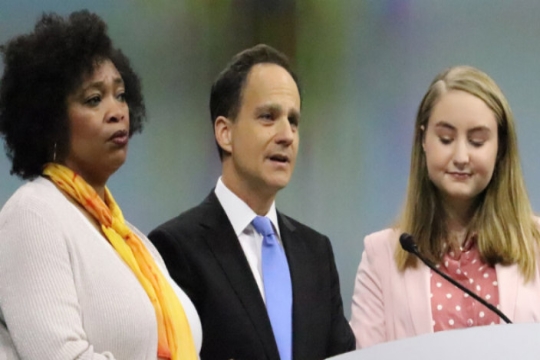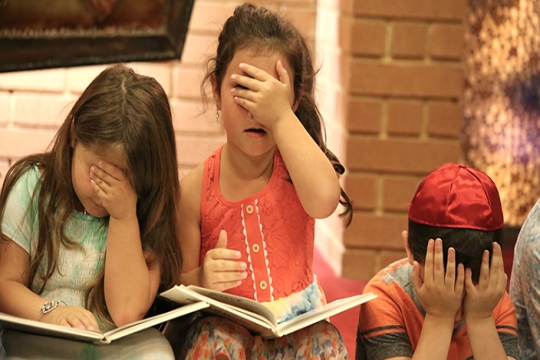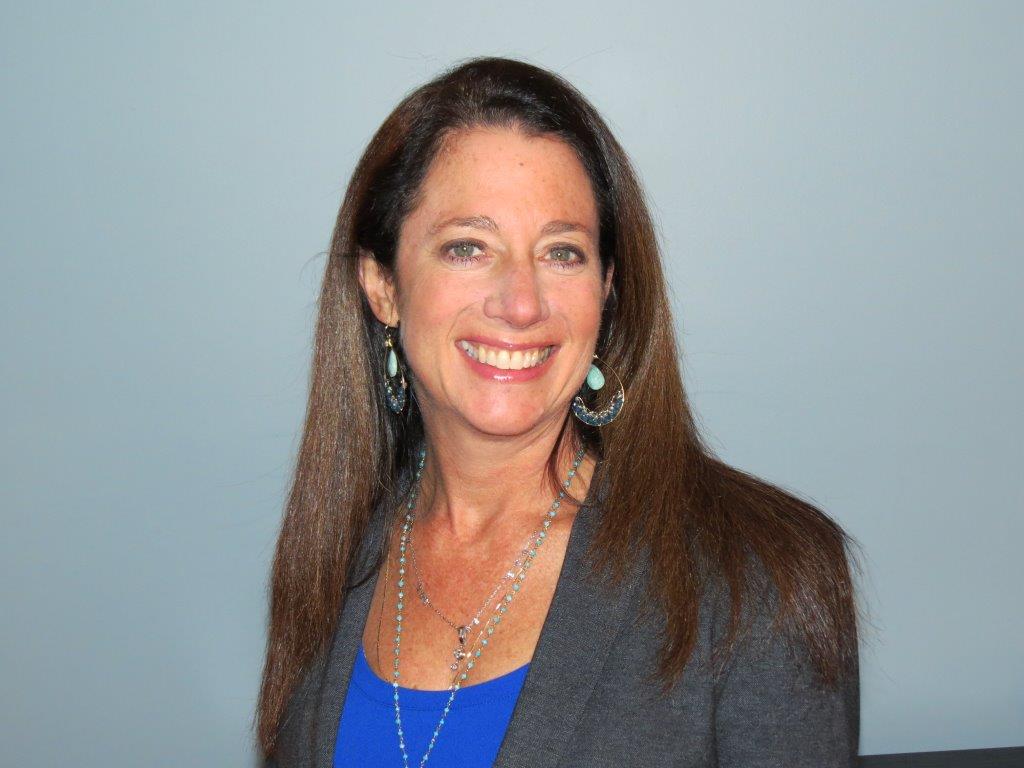
All leaders have to learn to navigate between their organization’s overarching vision and the day-to-day needs of the community they serve. Congregational leaders must also be able to move from the mundane to the holy, and from management to leadership.
This fall, the URJ’s Leadership Institute is offering a series of three sessions about key concepts that we hope will inspire sacred action within congregations. Both virtually and in person at the URJ Biennial 2015, congregational lay and professional leaders have opportunities to study, engage, and converse with each other and with scholars who are well-versed in three topics:
Values Alignment
Developing a congregation’s mission, vision, and values isn’t a role only for executives in a vacuous, endless churn of emails and meetings. Allison Fine, author, a former temple president and an expert in harnessing the power of social media and social entrepreneurship, says responsible organizations engage in “matterness,” described as “the willingness…to listen and work with – not at – people, and to engage [them] on the inside and outside as creative problem solvers and ambassadors.”
Inviting a cross-section of members to share in developing a mission, vision, and values helps ensure that, once articulated, these organizational guideposts stand as the foundation of congregational activities and goals in which everyone has a stake. In such a community, leaders can engage members and seekers to maintain, enrich, and build toward the future.
Allison Fine recently led the first webinar in the series, “Making People Matter: More than Just Something We Say.” Listen to a recording online.
Leading During Challenging Times
Change is the new constant, so it’s vital that leaders consider where their congregation is and where it wants to go. In order to succeed, those in charge have to notice the changes taking place within the community.
Adapting to a fast-paced, changing environment and leading others through that change are both challenging and rewarding. Finding a balance between the present and the future while acclimating to a new system involves a mindset and a skill set, both of which leaders must embrace. According to leadership experts Marty Linsky, Ronald A. Heifetz, and Donald L. Laurie, “Executives today face two competing demands. They must execute in order to meet today’s challenges. And they must adapt what and how things get done in order to thrive in tomorrow’s world. They must develop “next practices” while excelling at today’s best practices.” The ability to adapt is essential if congregations wish to remain relevant to the constituents they seek to engage.
Marty Linksy, co-founder of Cambridge Leadership Associates and one of the leading experts on Adaptive Leadership, will lead the second scholar session, “Leading in Challenging Times,” at 3:45 p.m. on Thursday, November 5, during the 2015 URJ Biennial in Orlando, FL, as part of the Strengthening Congregations track.
Collaboration
Matterness and adaptive leadership compel us to consider what many of us have long known to be true: We can’t successfully exist in a silo. Leaders assume that if they cannot do it alone, they are weak or don’t have sufficient resources to be self-sustaining. In reality, collaboration allows congregations to multiply their resources in ways that are advantageous to all who seek to work together. Yet, as Rabbi B. Elka Abrahamson, president of the Wexner Foundation, says, “Collaboration itself has to have serious goals or it’s not worth it…The goal of collaboration is not collaboration…We have to look for greater results as a result of doing our work together.”
Indeed, it takes imagination and creativity to work successfully with congregations in ways that build on each other’s strengths, support each other in weak areas, and enable both to share resources. Such change requires courage to believe that communities are stronger together, and trust that both will thrive when they work collaboratively.
Rabbi Jay Moses of the Wexner Heritage Program will conclude the scholar series with his online session “Collaboration Won’t Kill Us… but Failing to Collaborate Might!” on January 13th, 8 p.m. ET. Sign up for his session here.
*****
For more information about these and other Leadership Institute initiatives, visit theLeadership and Governance group in The Tent, the URJ’s online communication and collaboration forum.
Have something to say about this post? Join the conversation in The Tent, the social network for congregational leaders of the Reform Movement. You can also tweet us or tell us how you feel on Facebook.
Related Posts

The Shalom Collaboration: How Performing at the URJ Biennial Changed Our Career Trajectory

"What Will You Do at Such a Time as This?"

